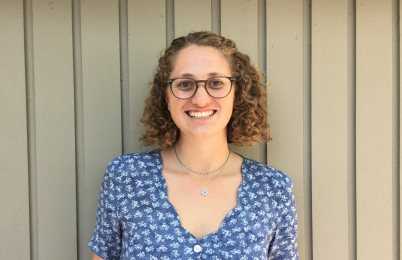2019-2020 Global Development Studies Senior Thesis Projects

Charlotte Fron ’20
Project Title: Preventing the Preventable: Advocating for Strong Family Planning to Avoid Maternal Mortality.
Summary: Because maternal mortality is largely preventable, women must be empowered with family planning to avoid unintended pregnancies that pose unnecessary risks to their physical (and mental) health. Comprehensive sexual education, modern contraceptive methods, and safe abortions allow women to avoid pregnancies that are too early, too late, too many, and too frequent. This project investigates political, economic, and social barriers to accessing family planning services in low-income countries. This project’s research has determined that socio-cultural barriers are the most challenging to address and overcome as individuals impose their personal moral codes onto state policies, patients in medical clinics, and neighbors among their communities. A nuanced understanding of how health outcomes are produced at institutional and individual levels within divided sociopolitical contexts is crucial for determining potential leverage points for preventing preventable deaths. This thesis project introduces the global reality of maternal mortality, examines systemic and individual barriers to accessing family planning, and celebrates successes in overcoming barriers in Bangladesh, Ghana, Brazil, Rwanda, and Iran. By primarily drawing from South Africa and Nepal, the thesis project argues that legalizing abortion is necessary but insufficient by highlighting weaknesses in state policies and healthcare systems, and by unpacking the social complexities of such a stigmatized medical procedure. The final part of the project explores how rural electrification is correlated with lower fertility by examining how socioeconomic empowerment and mass media exposure shift fertility preferences and behavior. Sexual health literacy, whether developed through television dramas, songs on the radio, peer-facilitated community discussions, or sermons, must be considered indispensable as it is both empowering and life-saving.